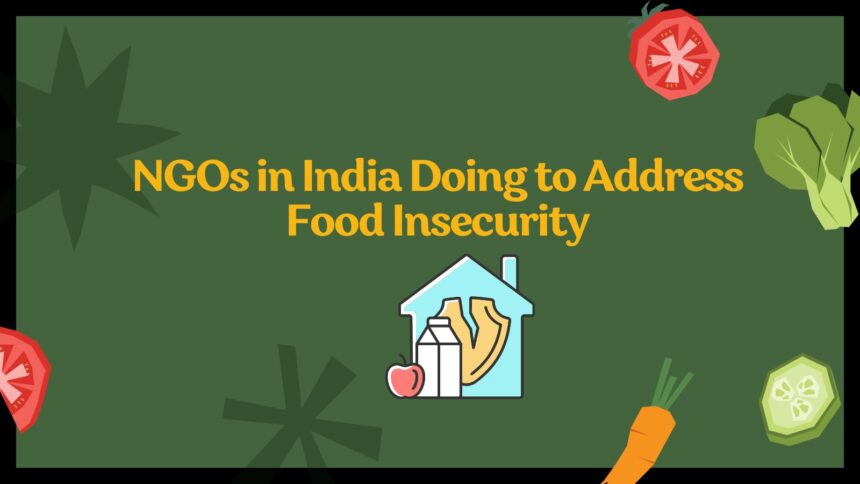Food insecurity is a significant issue in India, affecting millions of people daily. Despite economic progress, most people need help to secure their next meal. Various NGO organizations in India have stepped up to combat this crisis, implementing innovative and community-driven solutions to alleviate hunger and ensure food security.
The Scale of Food Insecurity in India
India faces a dual challenge: widespread malnutrition and significant food wastage. Despite being one of the largest food producers in the world, India ranks poorly on the Global Hunger Index. Factors such as poverty, lack of education, and inadequate agricultural practices contribute to this alarming situation. Amidst these challenges, NGO organizations in India are playing a pivotal role in mitigating food insecurity through diverse strategies.
Innovative Food Distribution Programs
One of the primary strategies employed by NGO organizations in India involves extensive food distribution networks. These organizations focus on providing regular meals to underprivileged children and communities, ensuring they receive at least one nutritious meal daily. Such initiatives are crucial in improving health outcomes and educational performance among children who might otherwise suffer from malnutrition.
Community Kitchens and Food Banks
Community kitchens and food banks are another essential aspect of the fight against hunger. NGO organizations in India set up these kitchens and banks to collect surplus food from various sources, such as restaurants and households, and redistribute it to those in need. This approach addresses hunger and helps reduce food wastage, promoting a more sustainable food ecosystem.
Promoting Sustainable Agriculture
Sustainable agriculture is at the heart of many NGO initiatives in India. By training farmers in organic farming, water conservation, and efficient crop management, NGO organizations in India empower rural farmers to increase their productivity and improve their livelihoods. These programs ensure a stable food supply and promote environmental sustainability.
Nutritional Education and Awareness
Addressing food insecurity involves more than just providing food; it also requires ensuring it is nutritious. NGO organizations in India run educational programs that teach communities about the importance of a balanced diet, proper hygiene, and maternal and child health. By spreading awareness and knowledge, these NGOs aim to break the cycle of malnutrition and foster long-term health and well-being.
Emergency Relief and Disaster Response
During natural disasters or crises, NGO organizations in India are often at the forefront of providing immediate relief. Whether delivering food, clean water, or medical aid, these organizations respond swiftly to emergencies, ensuring that affected populations receive the necessary support. For instance, their efforts during the COVID-19 pandemic were crucial in providing food and essentials to millions of displaced and jobless individuals.
Overcoming Challenges
Despite their significant contributions, NGO organizations in India face several challenges. Limited funding and resources often restrict the scale and impact of their programs. Bureaucratic hurdles and stringent regulatory requirements can slow down their operations. Reaching the most remote and marginalized populations requires extensive logistical planning and local partnerships.
Collaborations and Innovations
To enhance their impact, NGOs in India increasingly collaborate with government bodies, international organizations, and the private sector. These partnerships enable larger-scale interventions by pooling resources and expertise. For instance, corporate social responsibility (CSR) initiatives often support NGO projects, providing much-needed financial and logistical backing.
Technological advancements are also aiding NGOs in their mission. Technology is a vital tool for modern NGOs, from using mobile apps for efficient food distribution to employing data analytics for tracking food insecurity trends. Social media and digital platforms also help raise awareness and garner community support for their initiatives.
Conclusion
NGO organizations in India are at the forefront of the fight against food insecurity, employing diverse and innovative strategies to ensure that no one goes hungry. Their efforts range from food distribution and community kitchens to promoting sustainable agriculture and nutritional education. As these organizations continue to innovate and collaborate, there is hope for a future where food security is a reality for all Indians. The vision of a hunger-free India can become a reality through sustained support and collective action, showcasing the remarkable impact of NGO organizations in India on this crucial issue.

